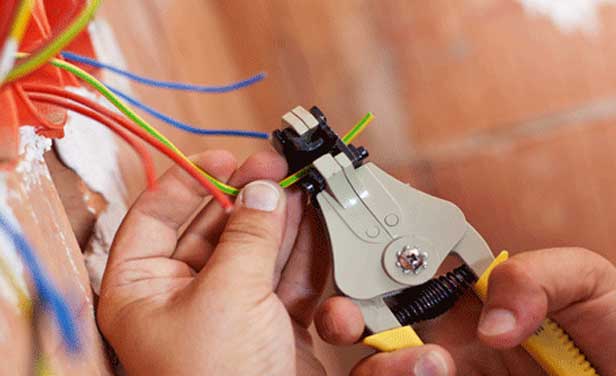When it comes to safety, homeowners count on their circuit breakers to kick in whenever there is too much electrical current flowing though the structure. Without it, the current would continue to flow unmonitored, leaving plenty of opportunity for damage to both the home and its residents. Continue to read more to learn the basics of an average circuit breaker.
What a Circuit Breaker Does
While electricity flows into a home, everything is going well. The lights turn on, the appliances work, and the cooling and heating systems function. Too much energy, however, is dangerous, and the circuit breaker monitors the flow of current coming into the various parts of the residence and applies an immediate shut off if it notices that things are starting to heat up. When the current is interrupted, the electricity to the residence is shut off.
Circuit Breaker Trip Mechanism
The circuit breaker notices the influx of electrical current and shuts down the electricity. The “trip” mechanism activates the shut down, meaning the home loses the flow of dangerous current to part of all of the structure. While this can certainly be frustrating, it is important to note that this is for the safety of the home and its residents, as excess electrical current can cause fires and/or electrocution.
Faulty Circuit Breakers
If a single switch continues to initiate a trip response from the circuit breaker, it could mean that the outlet is faulty and needs to be replaced, rather than an excess electrical flow issue. It could also mean that it is time to update and replace the circuit breaker. Deciding how to fix and manage a home’s electrical flow should always be left up to a qualified electrician. Despite how easy the task may seem, professionals understand how to get the job done safely.



